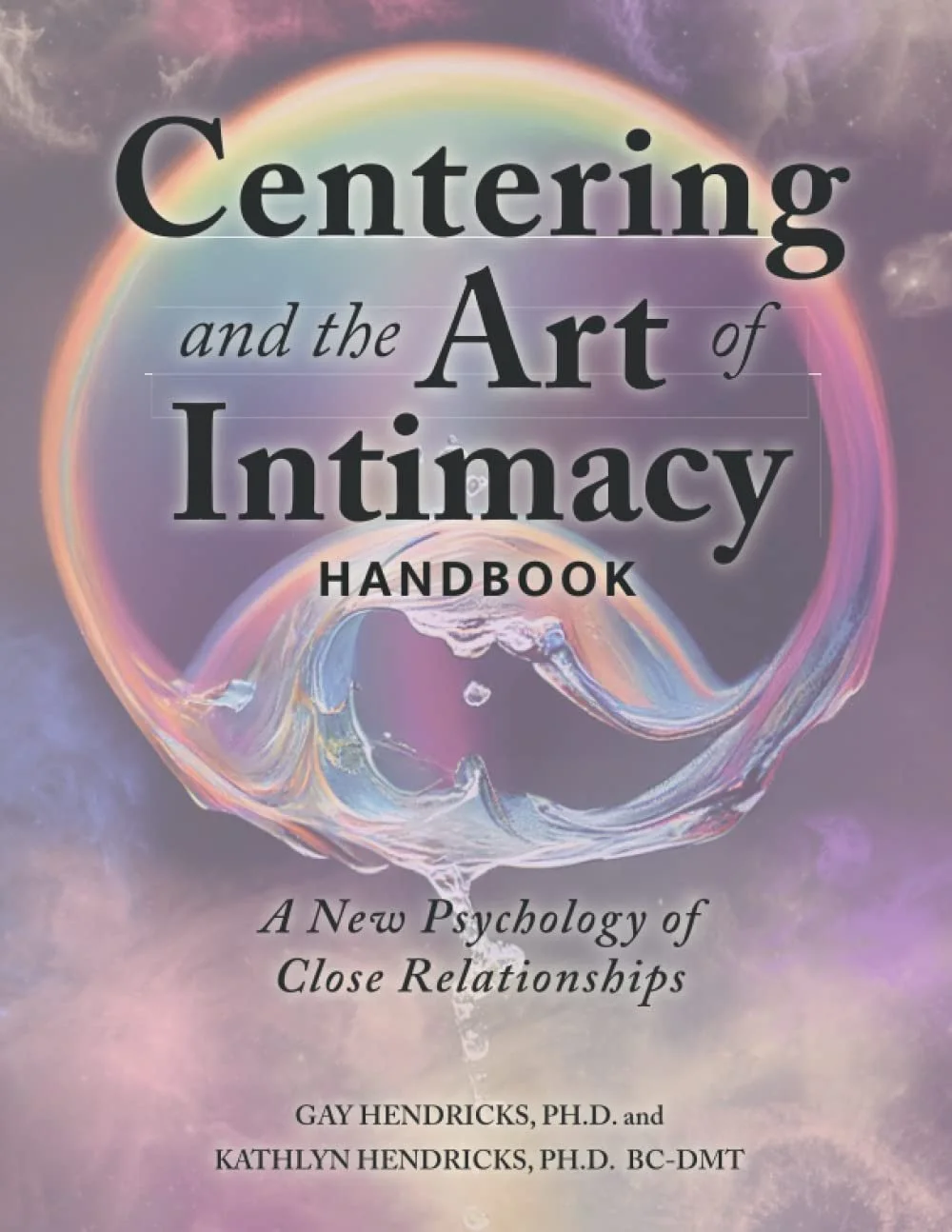Intimacy - Accept No Imitations
Writer Pat Love asks, “What is intimacy?” and then answers her own question, “Into me, see.”
It’s not that to be intimate you need to be transparent, or that every thought, feeling or story must be shared with your partner—but intimacy flourishes in a climate in which it’s safe to disclose parts of your experience that cut closer and closer to your private self.
Sometimes, though, a longing for connection can lead to disclosing too much too soon, or telling a new partner more than he or she is ready to know or needs to know. Or to opening up too much about ourselves or people close to us when discretion might be the better choice. Consider following the Rule of Three: let a disclosure come to mind three times before sharing it rather than saying everything exactly as it occurs. Those things that recur are the ones that really belong to the relationship.
Remember time is a necessary part of the intimacy equation. The thrill and power of the first weeks of a passionate relationship encourage self-disclosure and lots of sharing, but no matter how strong the connection, some things can come to light only after trust has been allowed to build.
Intimacy with boundaries
Few words in our language are asked to carry as much weight as intimacy.
Do a quick web search with intimacy as your keyword, and you are guaranteed to find a wide range of articles and hundreds of books offering advice on how to find and keep it or deal with not having it. Peruse some of these and you’ll often find confusion about just what intimacy is.
Often it is used as a synonym for sex. TV hasn’t helped. How often have you heard lawyers in courtroom dramas ask a cornered witness, “Were you…intimate with the deceased?” in a tone that’s clearly not asking about the level of emotional honesty and trust in the relationship!
The usual culprit is the confusion of intimacy with fusion, a boundary-less merging with a partner that erases differences. That kind of longing leads to the romantic inflations and disappointments that litter the path of relationships and fuel dynamics that subvert true intimacy—one partner’s fear of being abandoned countered by the other partner’s corresponding fear of being engulfed.
Appoint your partner ‘guardian of your solitude’
The great poet Rilke advised a young friend: “It is a question in marriage…not of creating a quick community of spirit by tearing down and destroying all boundaries, but rather a good marriage is one in which each appoints the other guardian of his solitude, and shows him this confidence, the greatest in his power to bestow.”
Rilke’s comments, applicable to all committed partnerships, point to mutual respect and clear-eyed seeing that form the basis for genuine intimacy. It’s built by going through difficult doorways: the moment of risk before bringing up a hard subject or the challenge of listening with openness to some honest feedback we’d rather not be hearing.
The importance of trust
If your relationships lack intimacy, look to see where trust has been broken; that’s the hole in the fence that needs to be patched first. Ask yourself how you’ve contributed to the lowering of trust, not just in big ways but in the small ones that communicate our attitudes. Are you available to listen without comment, despite strong feelings being stirred when you have disagreements, to allow your partner to express him or herself fully? Do you attempt to elicit a fuller range of feelings? And when they’re expressed, do you actually hear them or do you dispute them? Do you respond as you wish to be responded to? Do you talk when you need to? Is your feedback, even if expressing resentment, couched in the language of “I” or with finger-pointing “you?”
Watch out for old baggage
Intimacy is particularly vulnerable to the unexamined influences of our earlier lives, to our search in our partners for an ideal parent or attempts to recreate failed strategies of the past. Authentic contact with significant others can replace those fantasy aspects with the power of genuine meeting.
Check for little pockets of unconsciousness that may be blocking you or your partner from contact. Do you find yourself sounding “just like mother or father?” Is your partner behaving “exactly the way my ex behaved,” or accusing you of doing so? Have you awoken with dreams that merge your partner with someone from your past? If so, a conversation with a counselor can often help sweep away those old cobwebs.
Rilke’s advice ends with a reminder of the connection between intimacy and a healthy ability to maintain what’s separate: “Once the realization is accepted that even between the closest human beings, an infinite distance continues to exist, a wonderful living side-by-side can grow up, if they succeed in loving the distance between them which makes it possible to see each other whole and against a wide sky!”
Author’s content used under license, © Claire Communications
Gay Hendricks, Ph.D.
Kathlyn Hendricks, Ph.D., BC-DMT
Connect With Me
Let's talk about how things are going for you and your thoughts about this article...
Click on this link to schedule a complimentary Virtual Coffee Chat with me so we can talk together.

